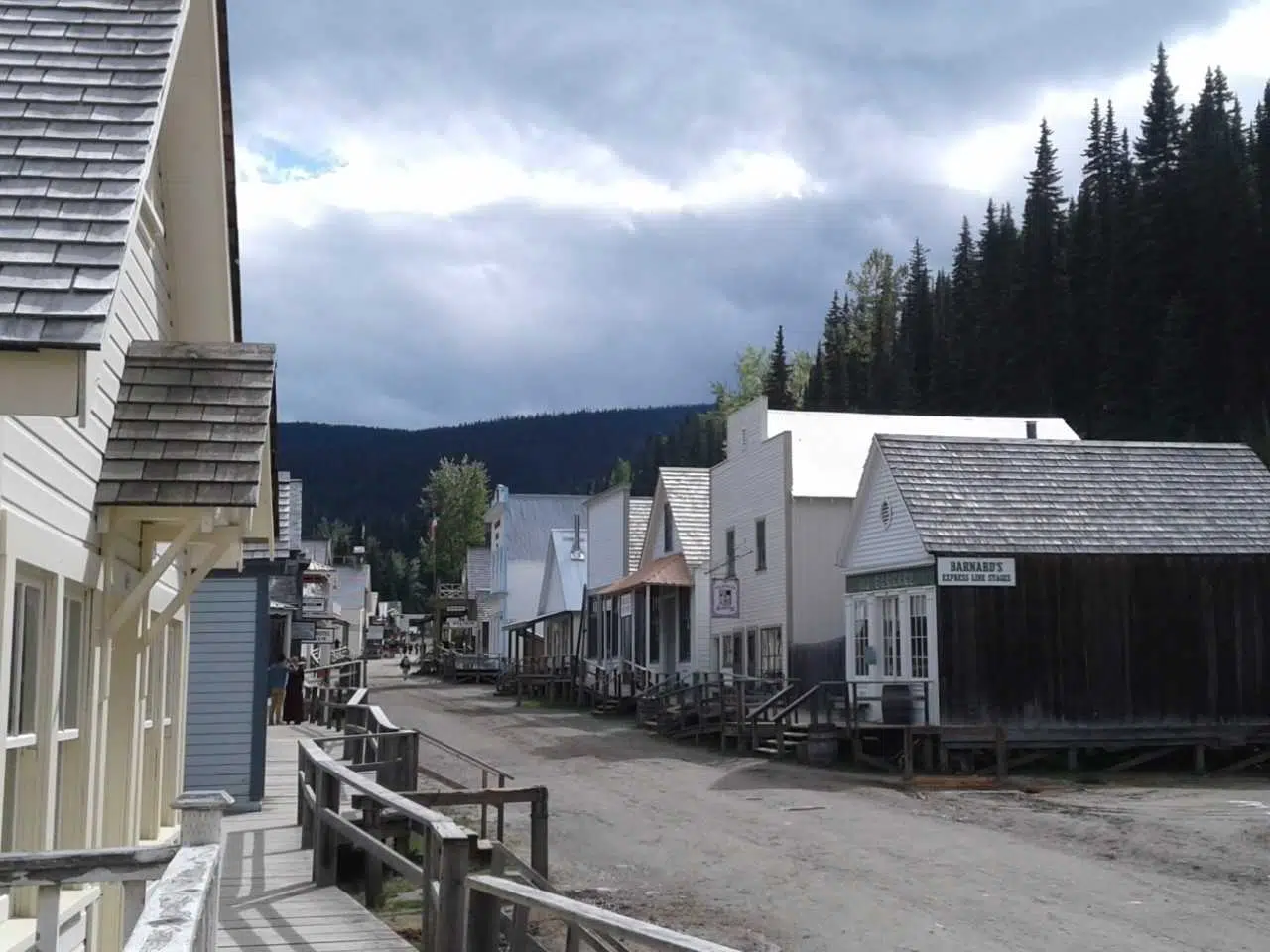
So many things we take for granted
KAMLOOPS — The rain picks up as we pass Williams Lake. We had left behind a sunny Quesnel after a return trip to Barkerville, which we first got to see three years ago. A lot has happened since.
On our way up on Friday we got to see the land affected by fires. Close to Savona, the remains of one of this year’s close encounters are evident by the blackened dirt and stains of tale-telling protective red.
As we drive on, last year’s devastation is a painful sight to acknowledge, heavier and more macabre due to the size of the massive fires that swept through so much of this area of the province. On both sides of the highway near Cache Creek there are charred trees still standing, dark ghosts telling a story no one wants repeated. The same eerie landscape appears as we drive to and past Williams Lake.
It’s sobering to know that we are only as safe as we are prepared, and even that cannot be enough as no matter how prepared, some of our fate is at the mercy of recalcitrant elements. So many people lost so much. Insurance helps some with the financial part, yet there are losses that cannot ever be recovered. Peace of mind to start with. That this year’s fires have been mostly human-caused is reason for deep reflection. Taking things for granted becomes a sin many have good reasons to not be able to forgive for a long time.


